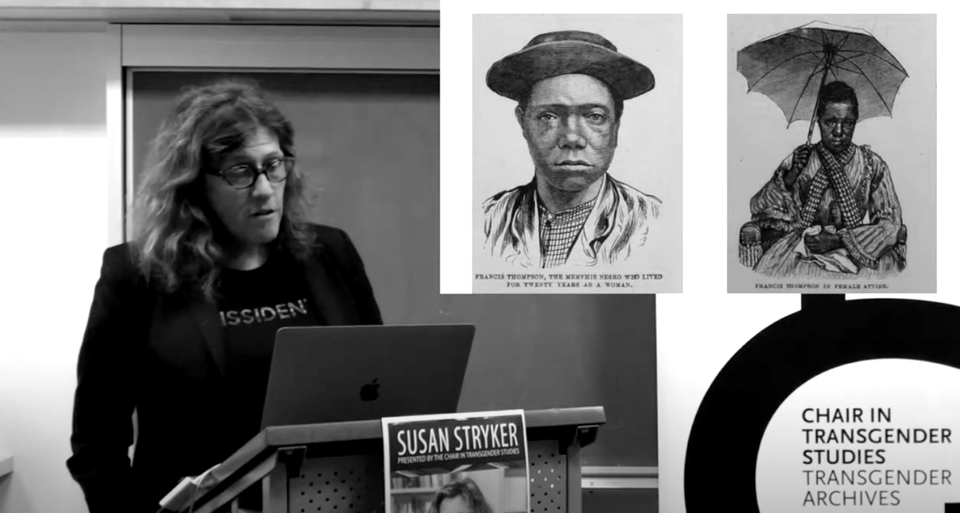What is a woman under the influence

I have such a hard time believing women who, claiming to be under the influence of feminism, decry that there's something suspicious about young people whose gender identity is in flux or different from the one they were told they were, when feminism also established that gender roles are not at all natural, but requiring constant societal maintenance and coercion. Would we not greet these young people as courageous, for resisting this coercion? Or see them as a new ordinary, yet more people to share a world with us who are not so oppressed by patriarchal gender coercion that they found their way to themselves with far less pain and struggle than those who came before them?
I'm cognizant of living between some perceived generational gaps here: old enough to be the mother of one of the trans teenagers going through hell in American public schools; young enough to have been forged by my own queer hell in school; old enough to share professional space with a generation of women, in their dissatisfied middle age, who are building an identity of out of policing the boundaries of womanhood; and of whatever multiple generations who were able to read the work of trans feminists and theorists when we were still young. (For me, it was Kate Bornstein. The late 1990s still seem very full of lost potential.) The more that young trans people are cast as some new thing, the stranger it is to have grown up with young trans friends when I was a young, too. Watching my own fucking history rewritten—of trans and non-trans feminists in community, together—is maybe why I am writing my own kind of history now.
A new chapter, after Susan Stryker on Frances Thompson.
